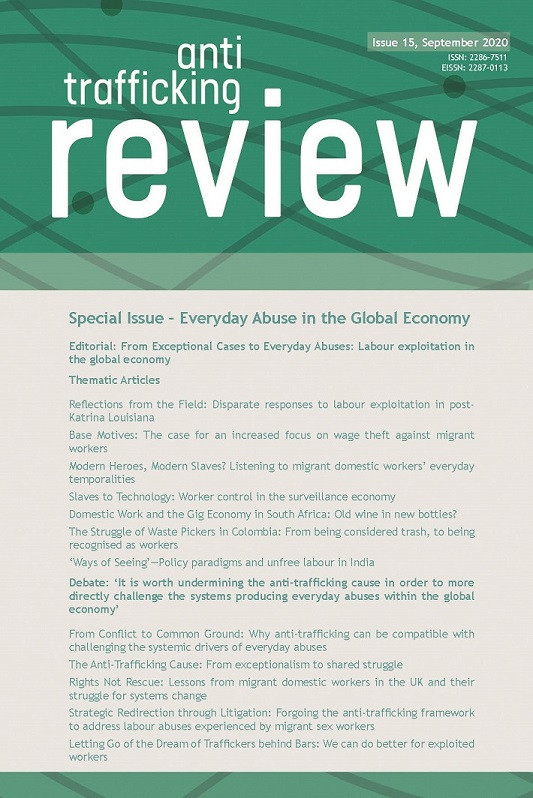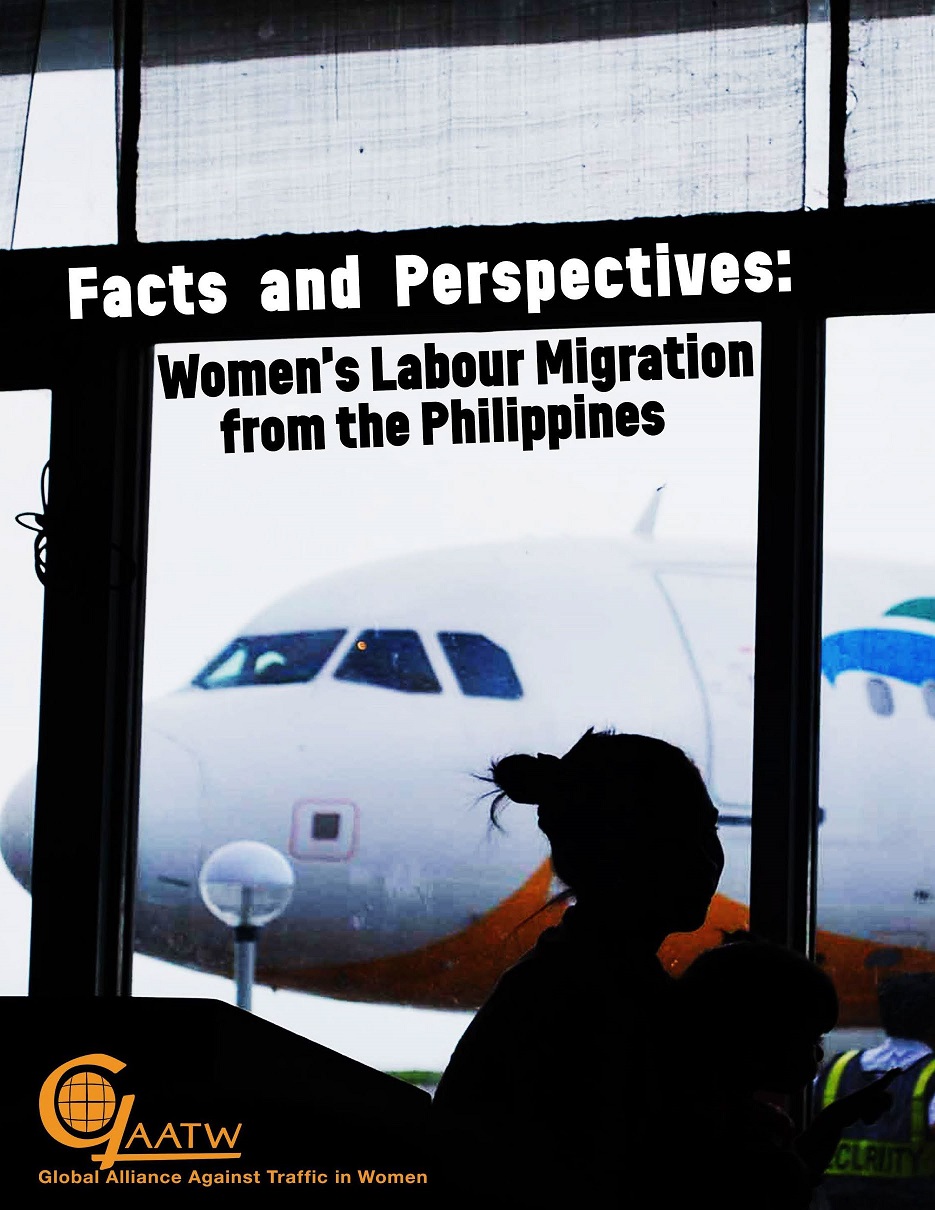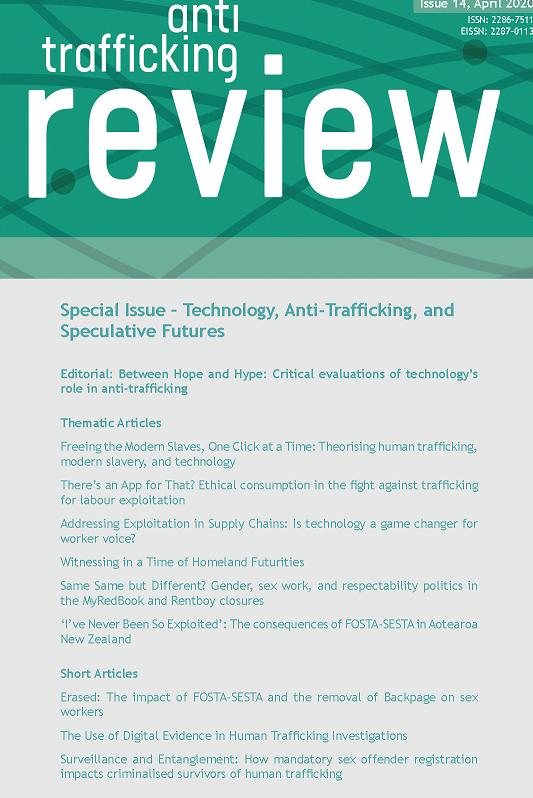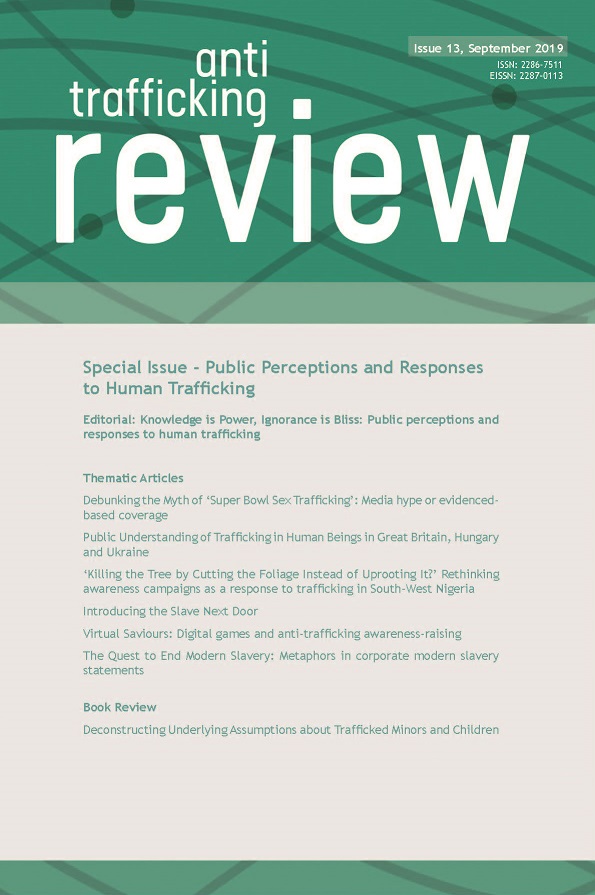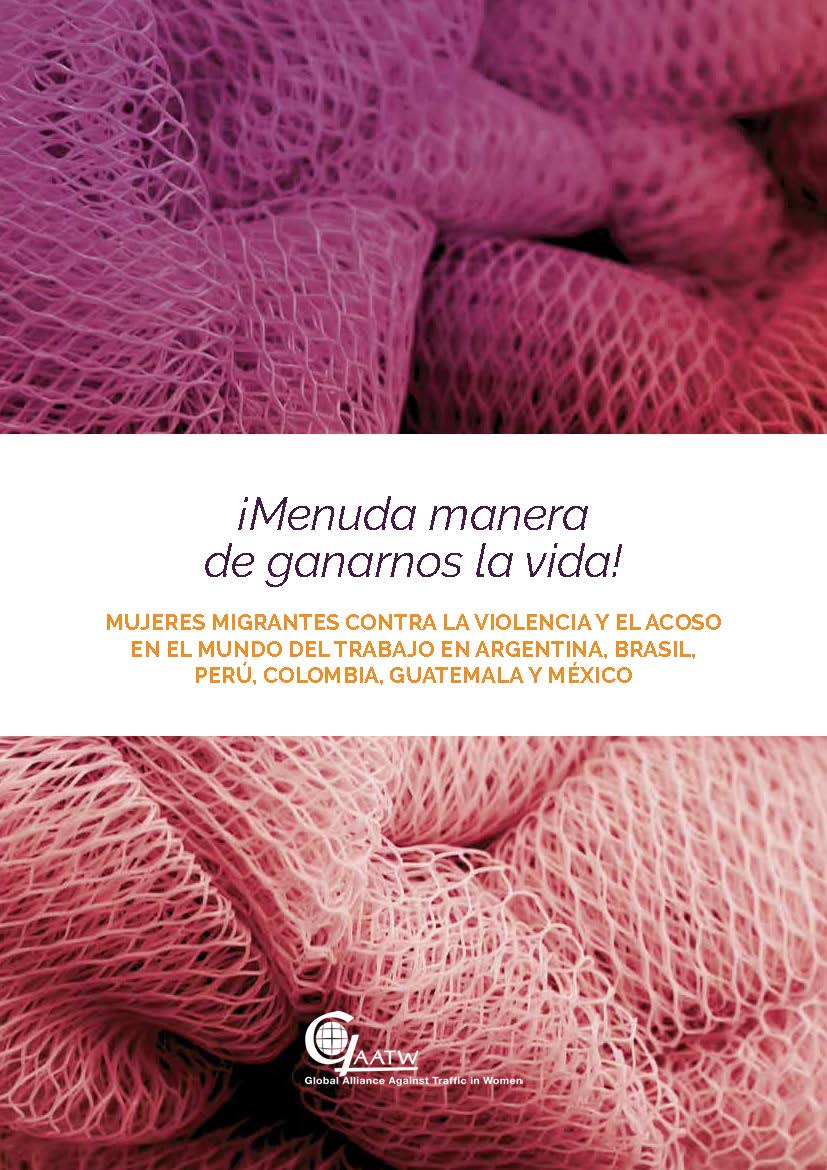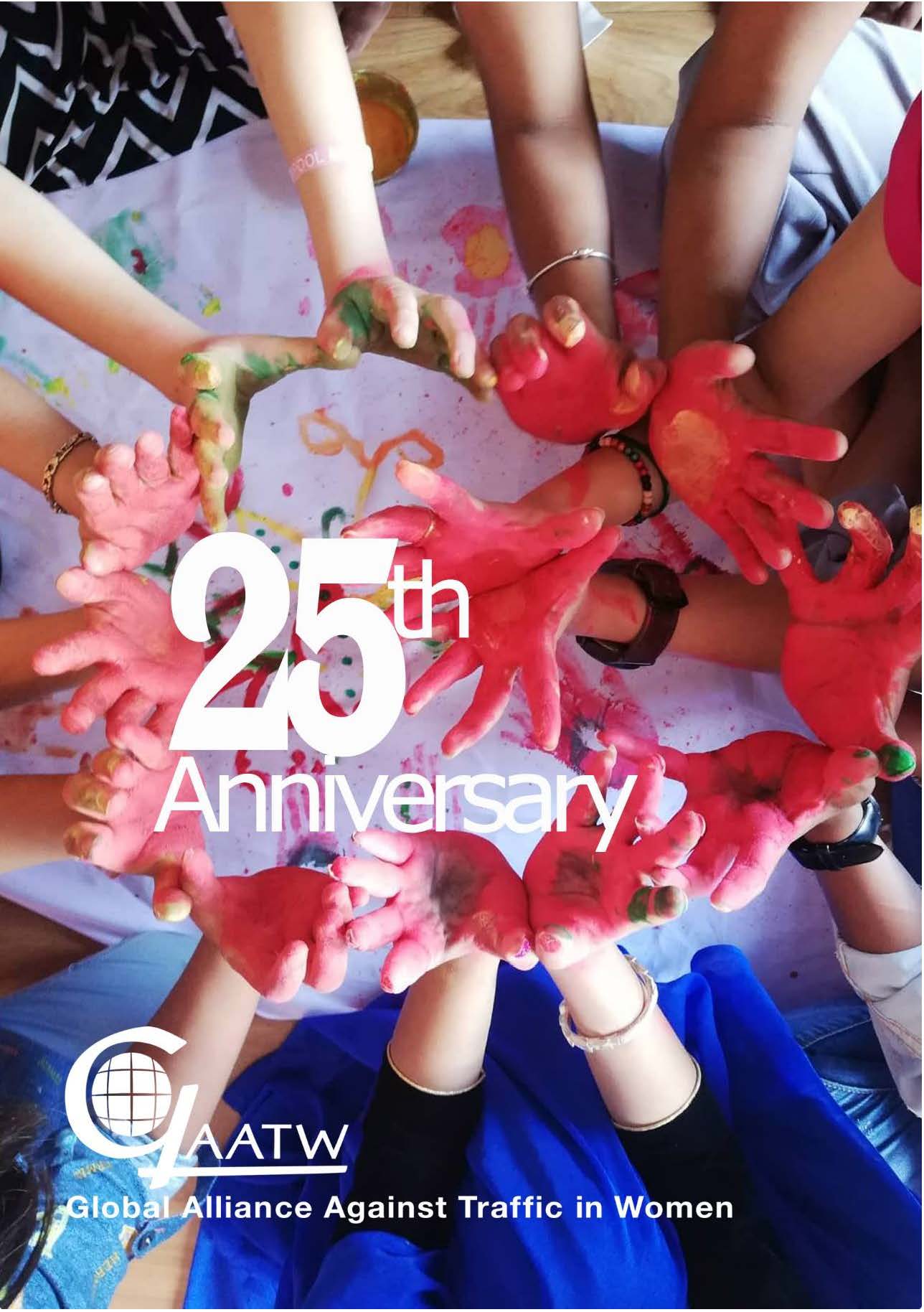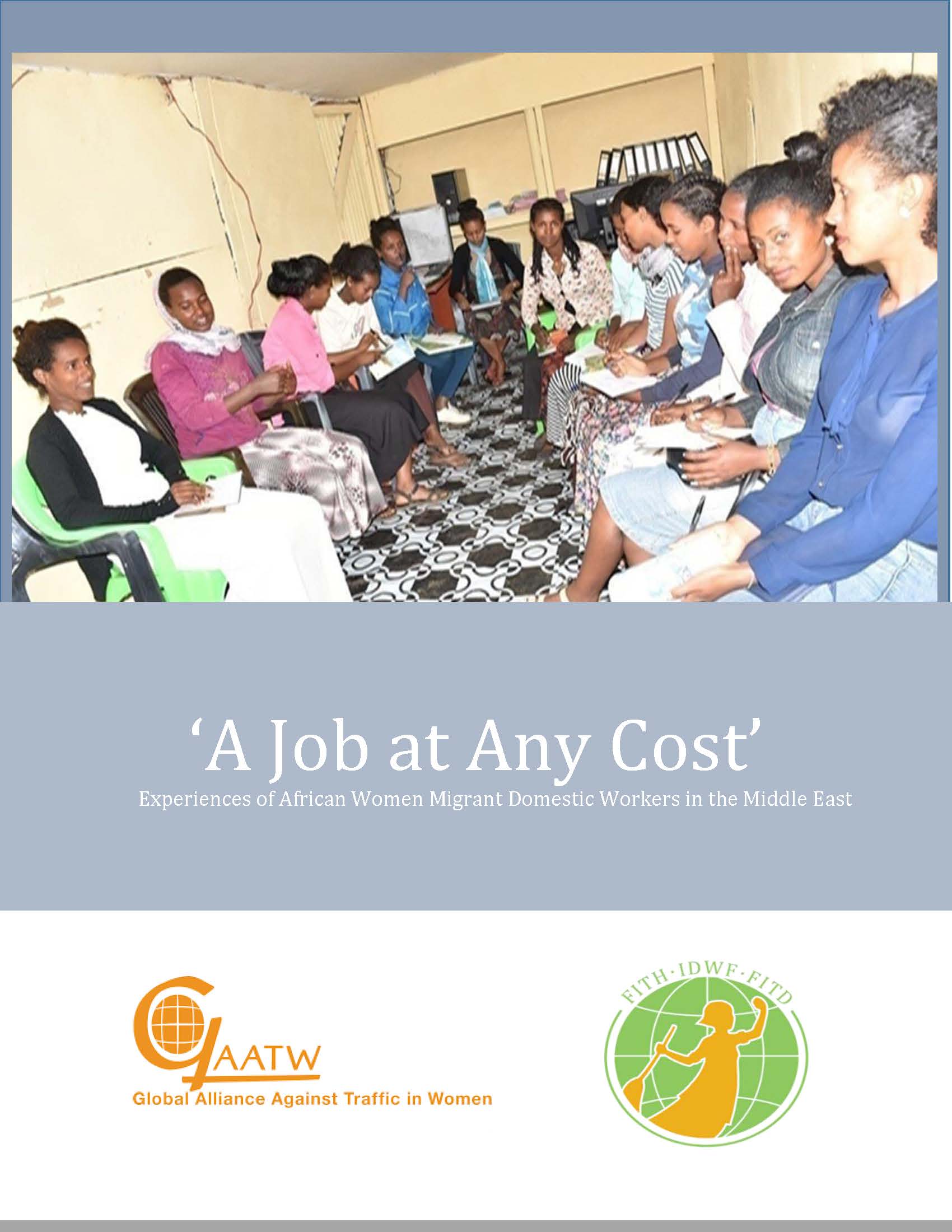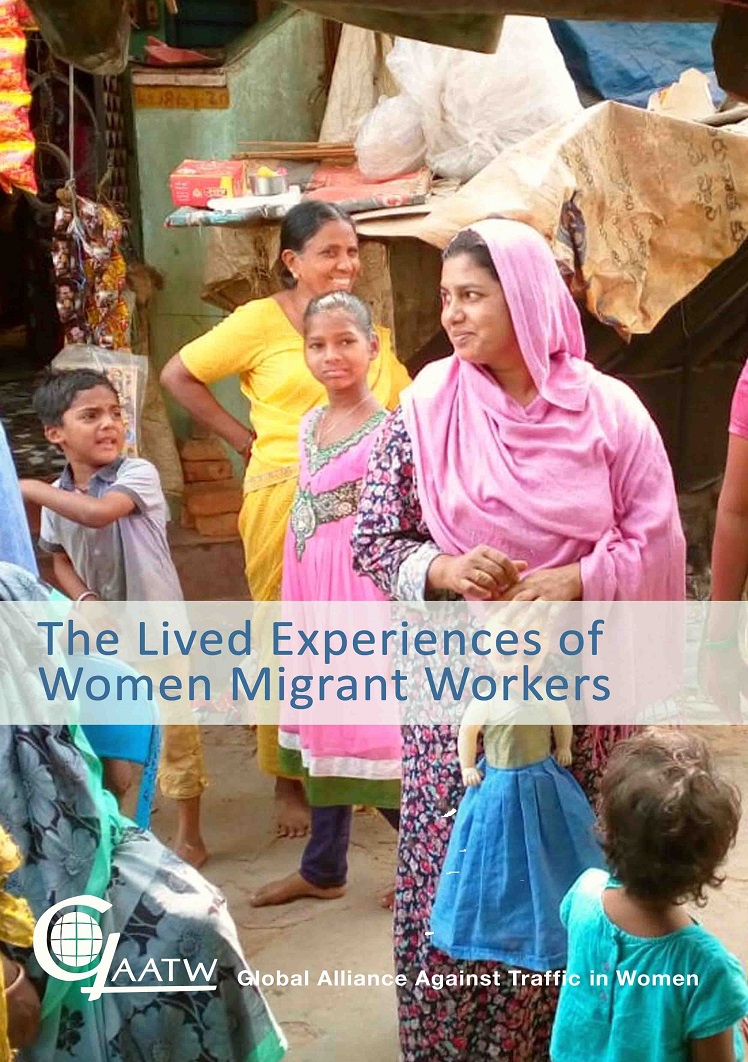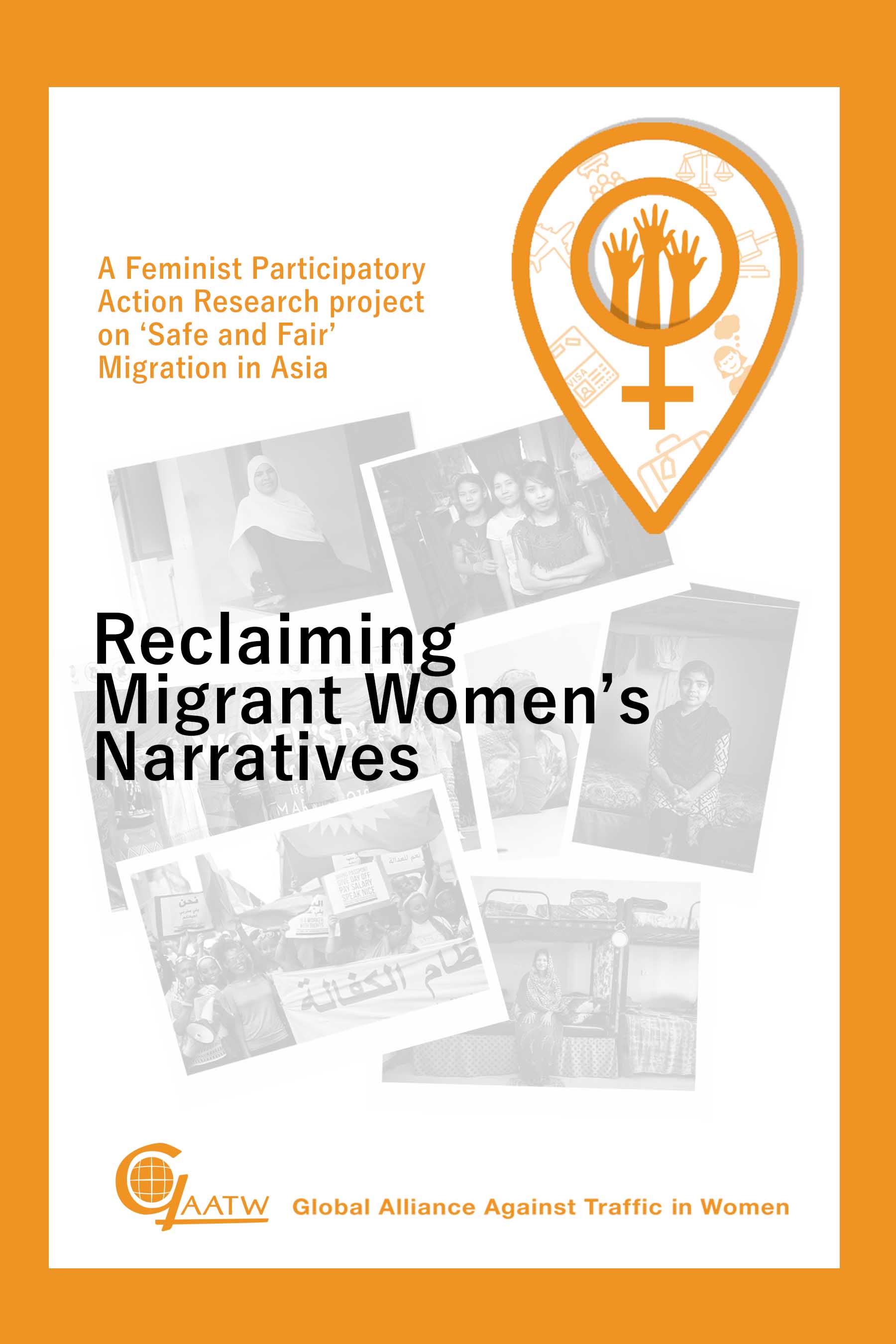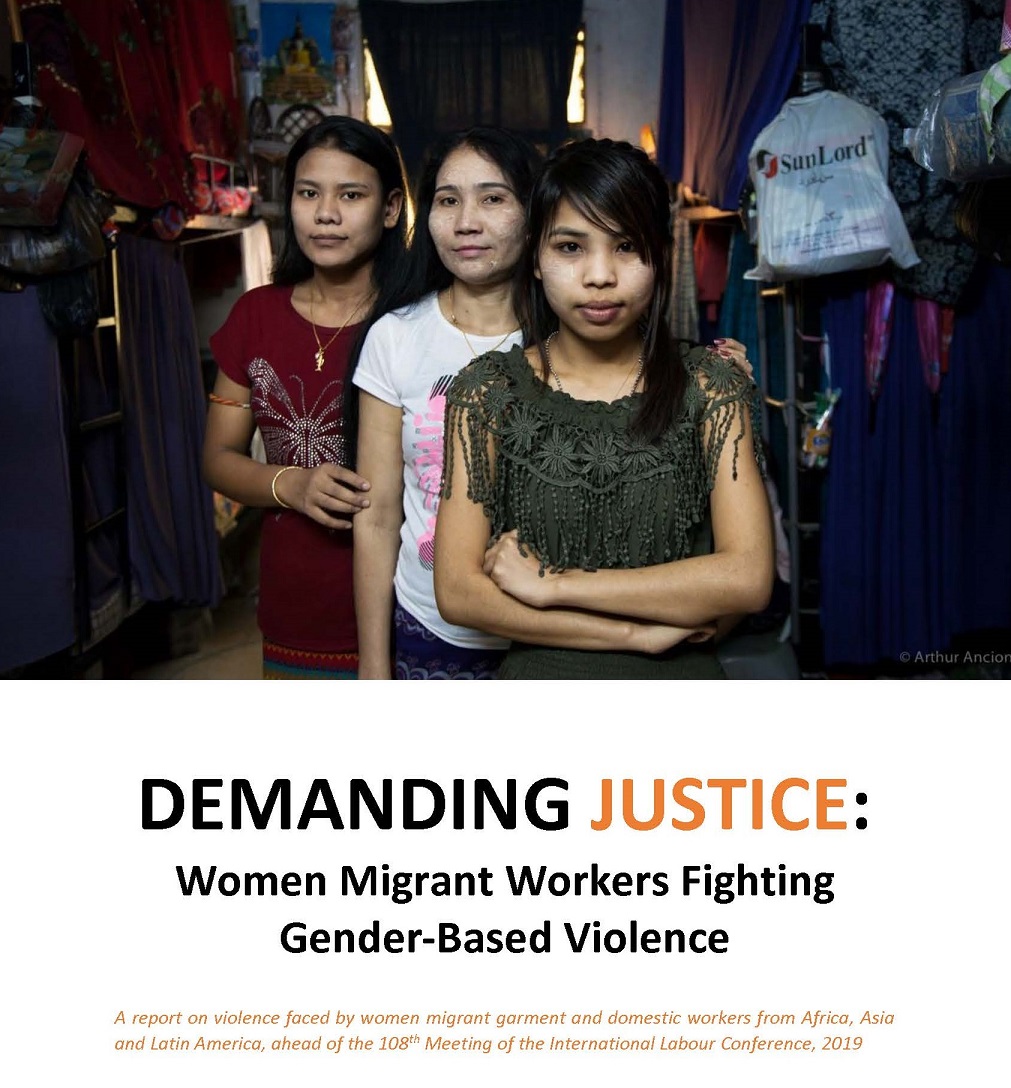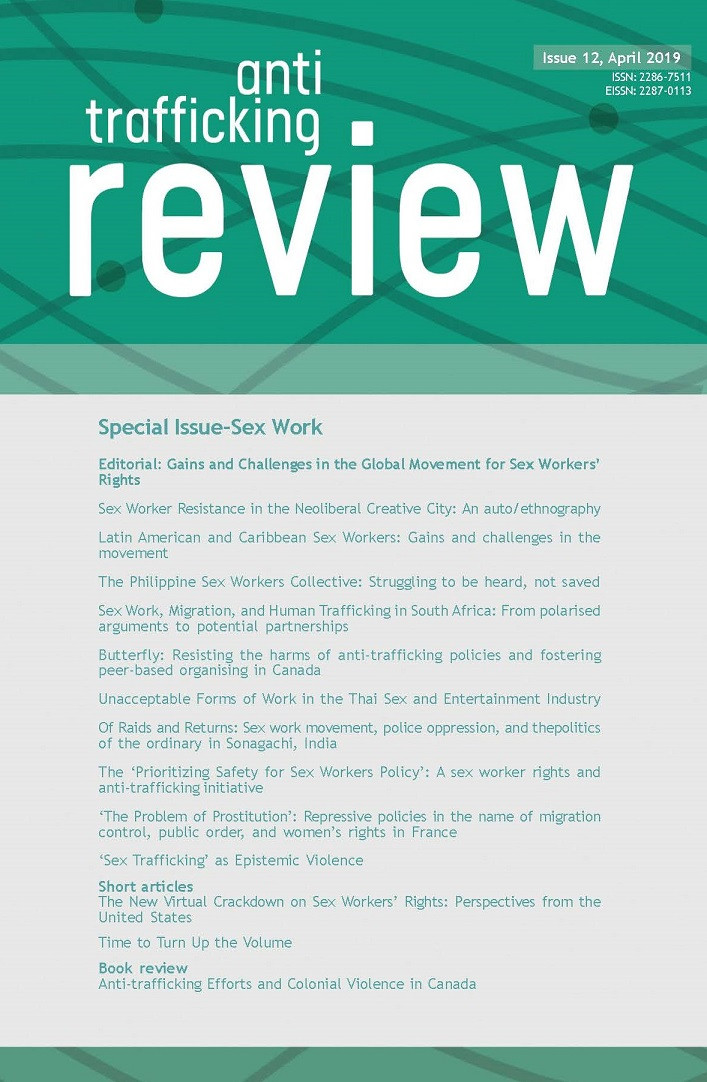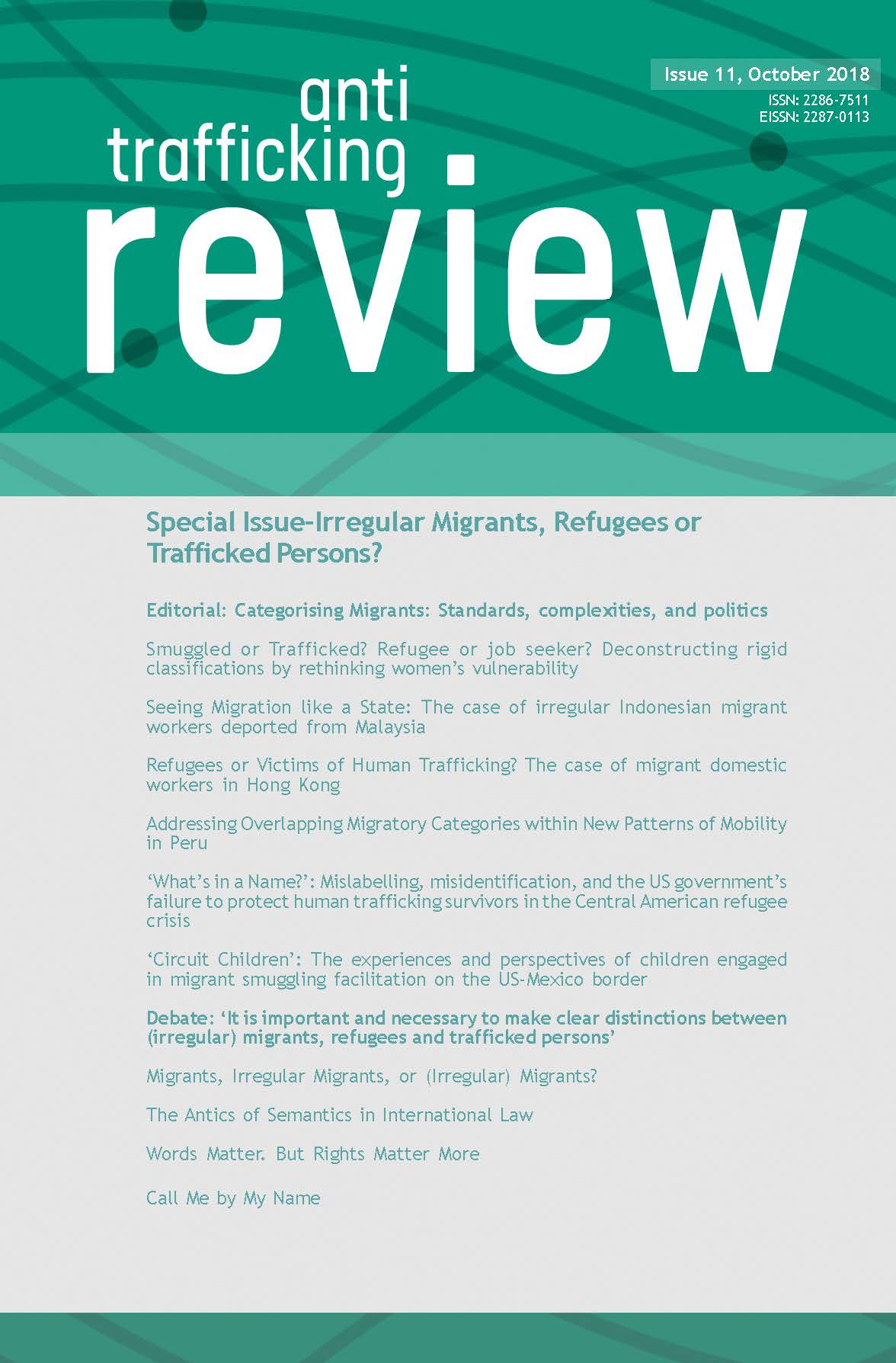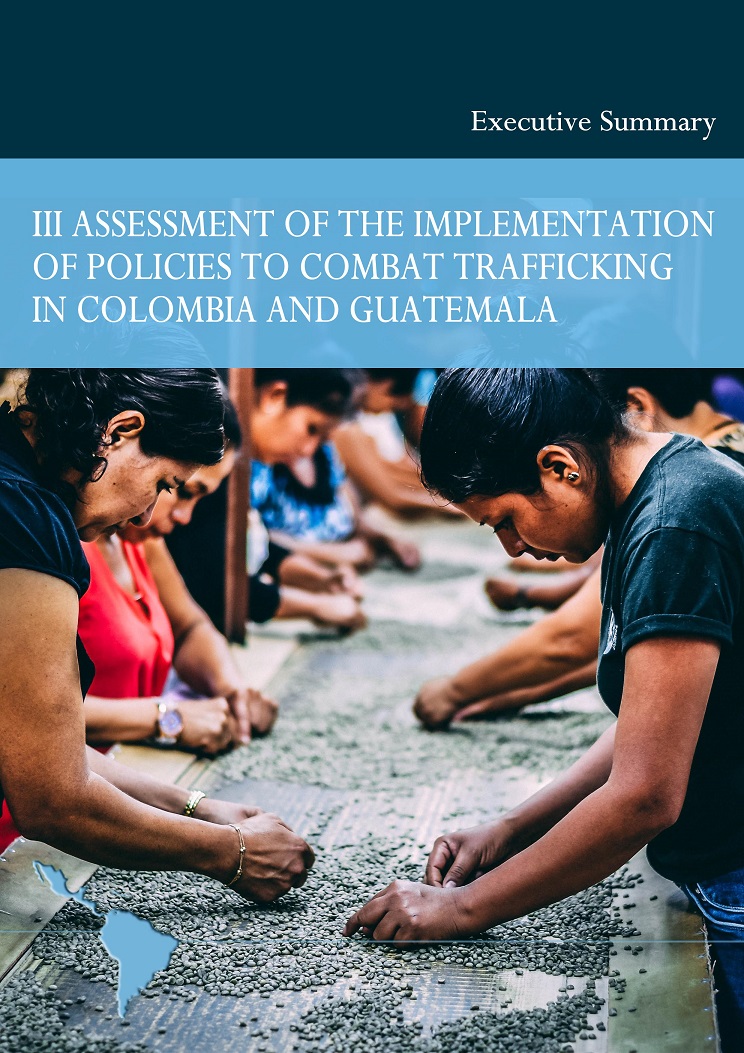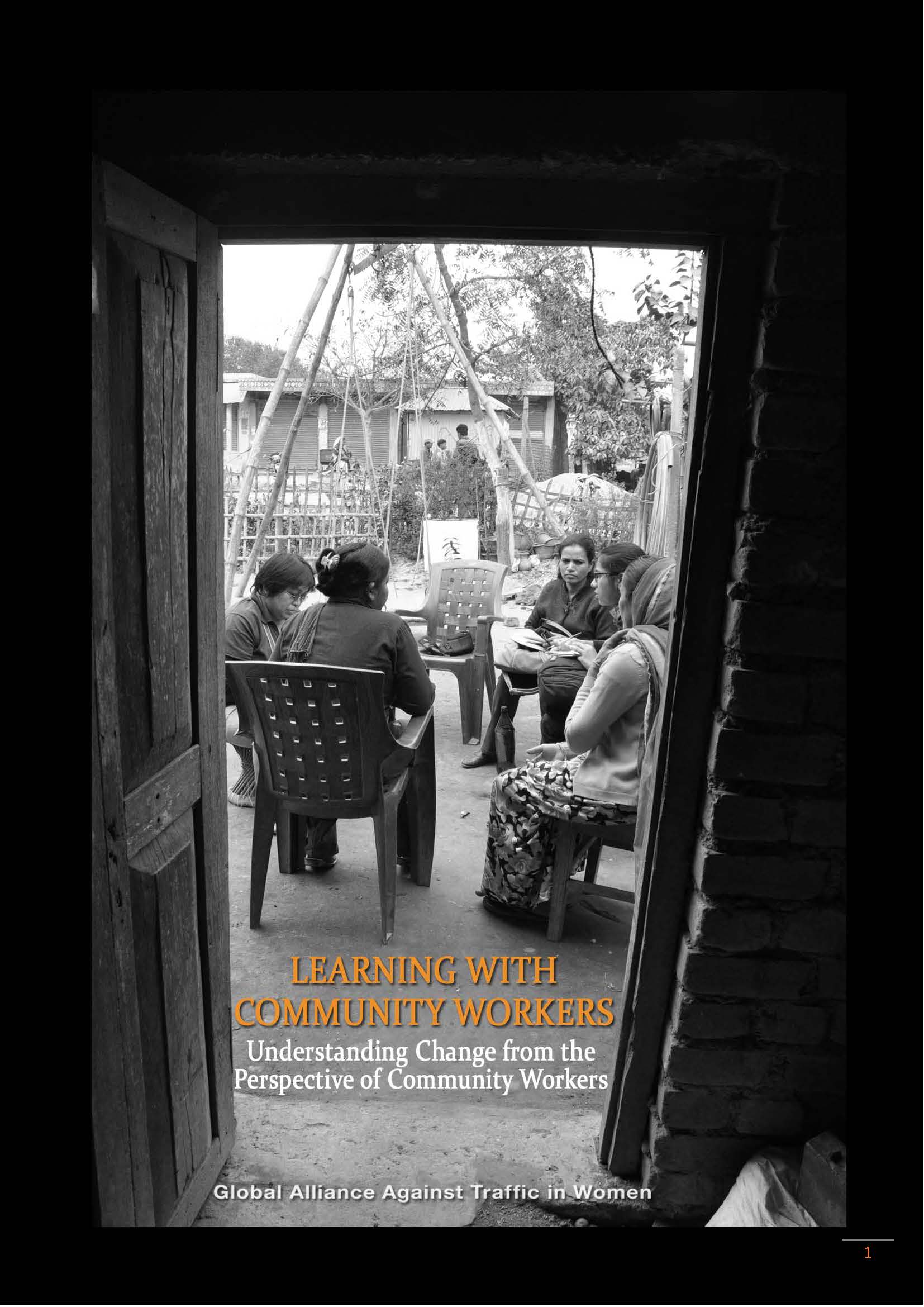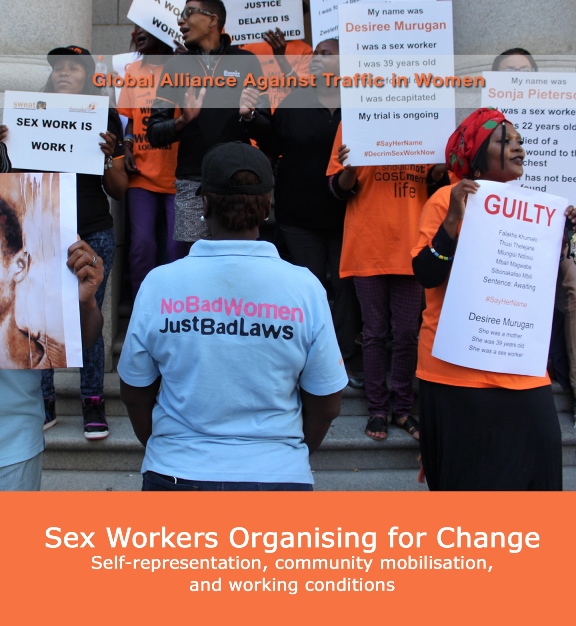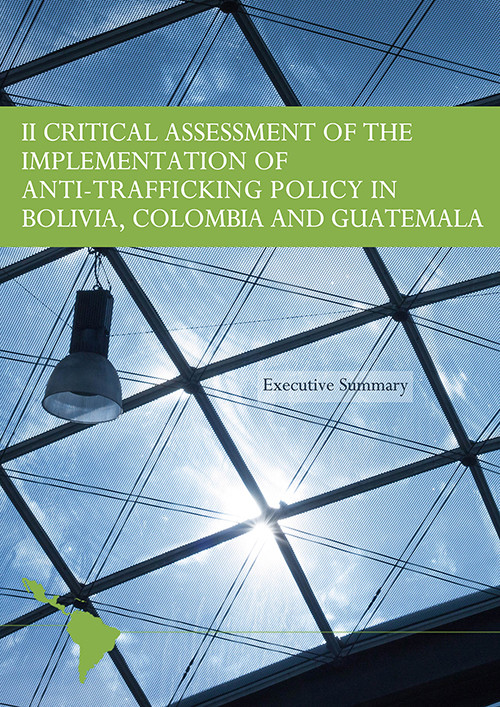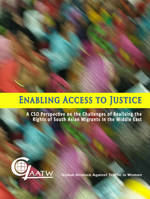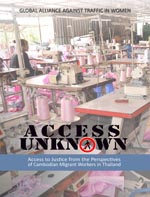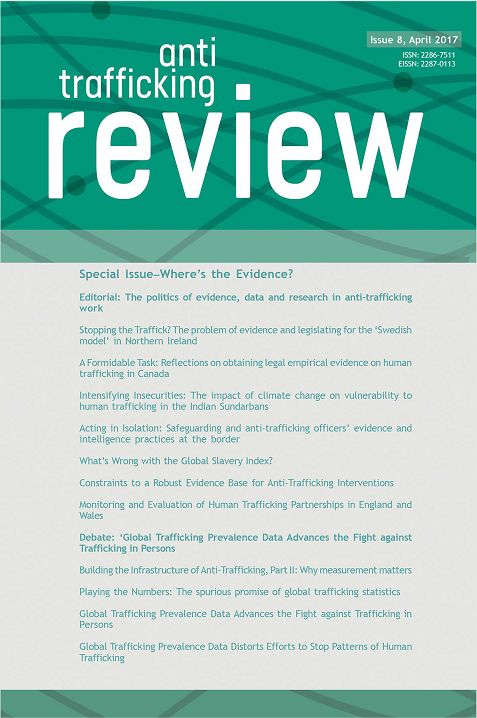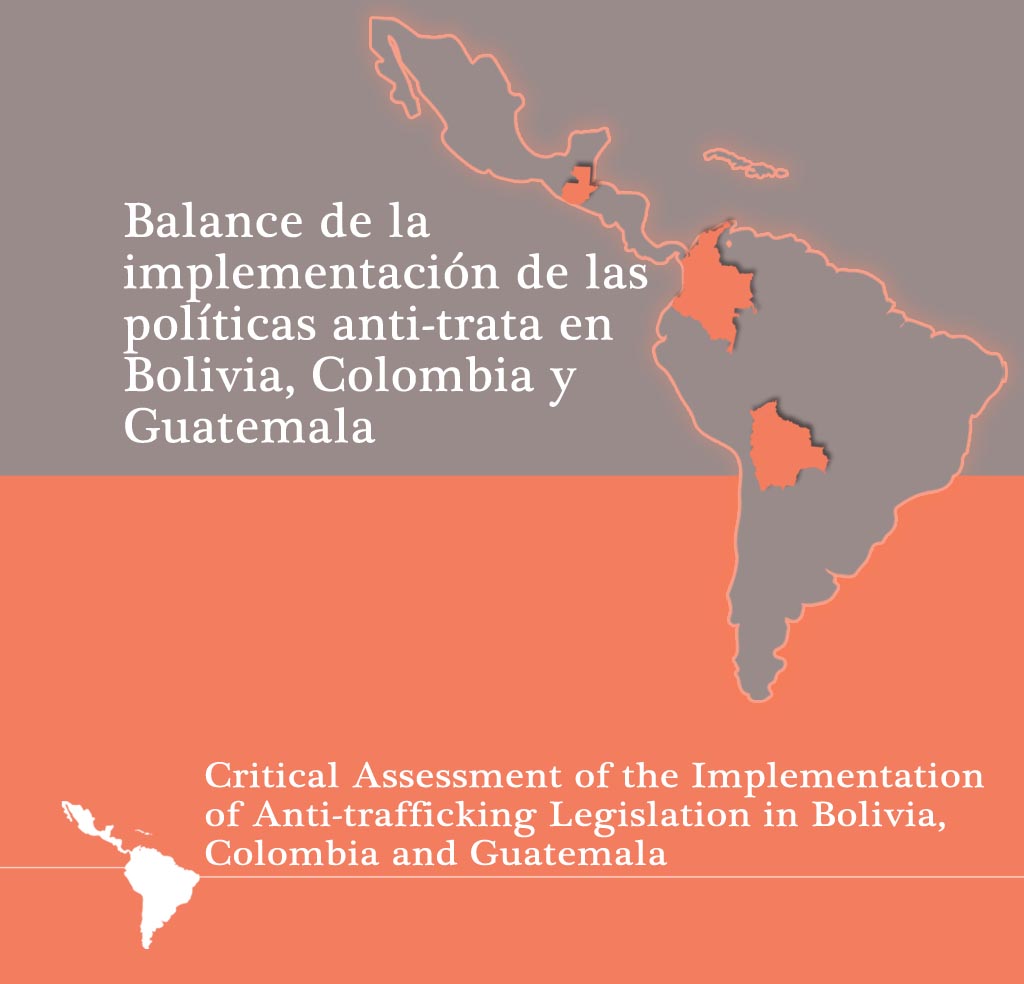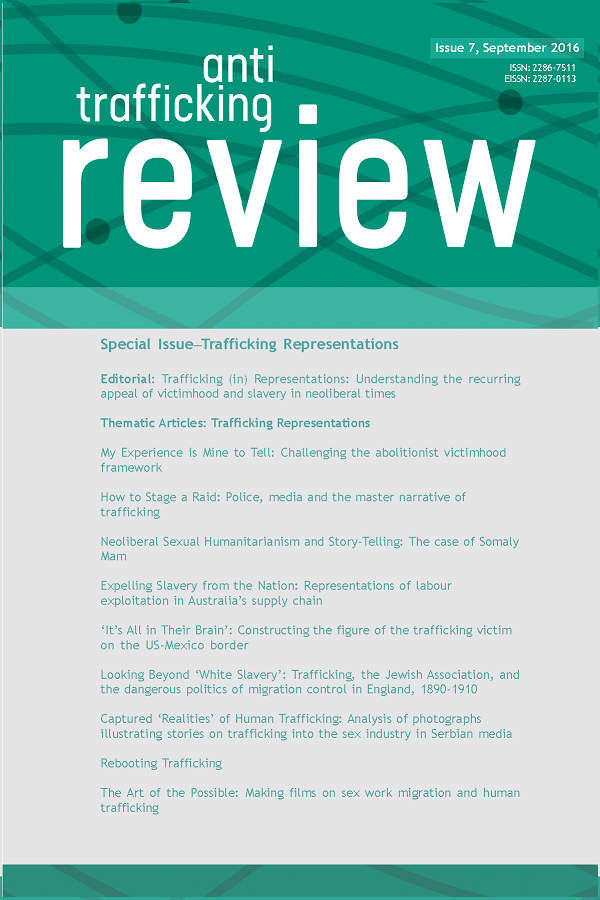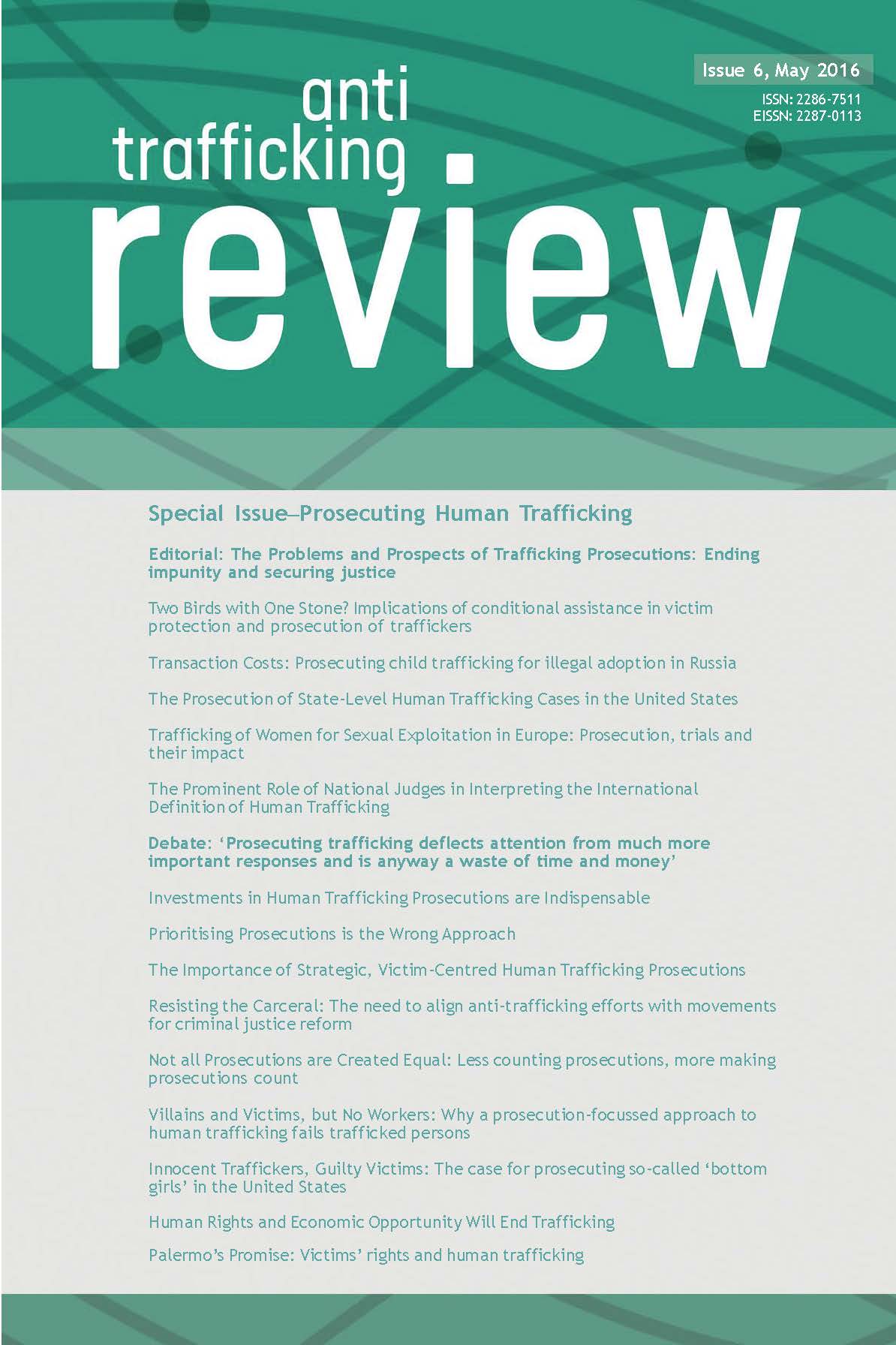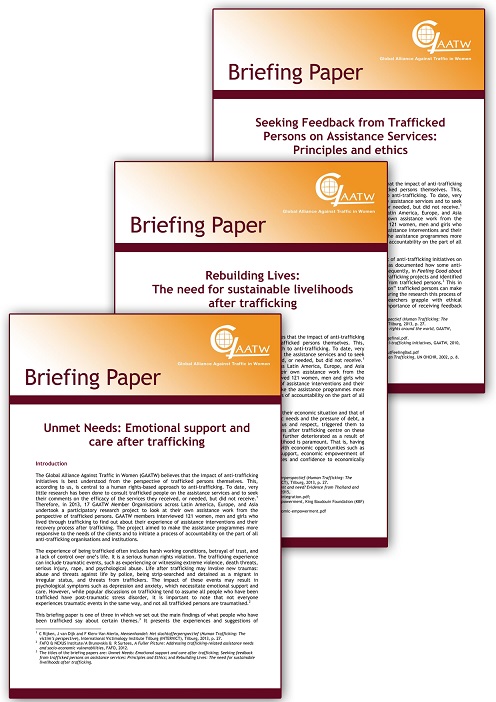Corporación Espacios de Mujer: Knowledge, awareness... Transformation!
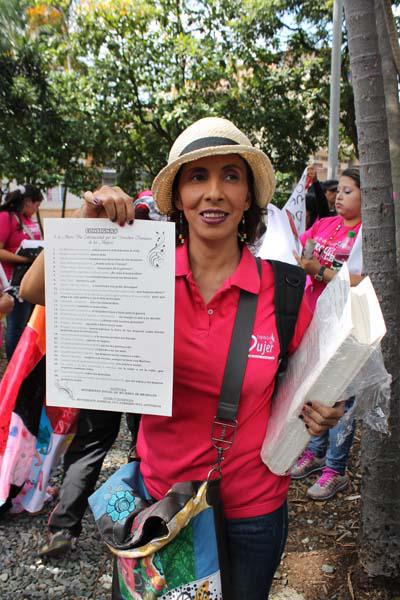 Interview with Betty Pedraza Lozano, Corporación Espacios de Mujer
Interview with Betty Pedraza Lozano, Corporación Espacios de Mujer
(Click here to read the Spanish version)
The Corporación Espacios de Mujer is an NGO which provides assistance to sex workers in the city of Medellin and the Aburra Valley, Colombia. Espacios de Mujer implements processes for support and empowerment of women from a gender perspective.
The aim of the organisation is to provide support to those women who want to change their difficult living conditions and to prevent and fight against exploitation in the sex industry. Its activities include the creation and development of programmes and projects from a human rights based approach.
Espacios de Mujer reaches its target groups through participative workshops, socio-political training schools, group discussion, educational seminars, field work, remedial education, training for arts and trades and mass awareness campaigns.
What is the human trafficking situation for women in Colombia?
Colombia is one of the source countries of women and girls subjected to sexual exploitation in various places in the world: Latin America, the Caribbean, Western Europe, Asia, the Middle East and North America, including the United States. It is also a transit and destination country for men, women and minors subjected to forced labour. In 2012, 7 (seven) Colombian women, who were victims of trafficking for the purpose of sexual exploitation, were identified in Indonesia. In Colombia, men and minors are under forced labour conditions in the mining and agricultural sectors, and trafficking of women and minors continues to be a significant issue. Women and minors are mostly victims of trafficking for domestic bondage. In this regard, according to international organisations, 10% of domestic workers in Cali have experienced high levels of forced domestic labour in their first employment. NGOs in Colombia have stated that ‘begging’ is an issue in urban areas. Groups facing a greater risk of becoming victims of internal trafficking are displaced persons, women with scarce resources in rural areas, indigenous communities and the relatives of members of criminal organisations.
In Colombia, human trafficking affects some 70 thousand people each year, according to available data, and this places it third in the ranking in South America, after the Dominican Republic and Brazil. In recent years, it has become the recipient country of crime victims, almost always from neighbouring countries, Ecuador and Peru. And because of the precarious economic conditions in the country people become more vulnerable to trafficking.
In Colombia women seeking better work opportunities face many external restrictions: violence against women, high unemployment rates, low income, single motherhood, the lack of basic conditions to lead a dignified life. However, with the hope to achieve better income and quality of life, some women go through forced or voluntary migration, within or outside the country to escape violence and unemployment. The human trafficking phenomenon in Colombia is within the context of international and domestic migration process which involves organised crime networks who take advantage of the needs and situation of migrant women workers. Many women think that they will find better opportunities abroad, but few of them know what awaits them past the border.
Colombian women are vulnerable to becoming victims of trafficking, given their status, the less advantageous opportunities versus men as a result of gender-based exclusion, their reduced status for access to education and the labour market, high levels of under-employment, employment in unskilled labour, the consequences of the armed conflict and its repercussions on the transformation of the structure of families. Forced displacement finally contributes to create an ideal setting for trafficking of women.
Can you describe more about your programmes on human trafficking? How do you measure the impact of this work for the women you assist?
The Corporación Espacios de Mujer works on the issue of human trafficking with the focus on prevention, assistance to victims and awareness and information campaigns.
In prevention, we are currently promoting the Campaign “¡No te dejes engañar. Porque se trata de ti!” (“Don’t let them fool you! It’s about you!”).
In the area of assistance to victims, Espacios provides referrals to assistance services and provision.
With regard to awareness and information, Espacios takes part in a variety of network and organisational activities and spaces where human trafficking is seen as one of the worst forms of gender-based violence (GBV).
What hopes do you have for your Prevention and Awareness Campaign on Human Trafficking and which methods have you found to be successful in this area of your work?
For the beneficiaries of our programmes – women in the sex industry are highly vulnerable to violence and exploitation. The Campaign “Don’t let them fool you! It’s about you!” – is one of the preventive strategies implemented by our organisation – which intends to inform, promote awareness and prevent the phenomenon of human trafficking, its causes and its consequences for victims. For Espacios de Mujer it is a social and political effort. It is a priority to put the issue of human trafficking in the public spotlight and everyday life. This is where action is taken and prevention is made possible because when people are aware of the problem, it is easier for them to avoid it and, when this is not possible it is important for them to have all the necessary information in order to reduce the damage they could suffer. In this context, the Corporación Espacios de Mujer launched the campaign “Because it’s about you!”, to create a space to deliver our messages to the residents of the city of Medellin and of the entire country. It is also our way of promoting awareness about the different elements of human trafficking. Information materials about the campaign are disseminated at schools, universities and NGOs.
Another strategy that we formulated to prevent human trafficking is the “Suitcase”, an educational and recreational kit which discusses human trafficking using 3 tools: Trata-folio, Biblio-trata and Trata-mundi. Click here to download more information about the toolkit.
Finally, further prevention strategies used include training workshops, the Atenea School, remedial education and training in arts and trades.
How did you celebrate International Women’s Day? What did the day mean for you?
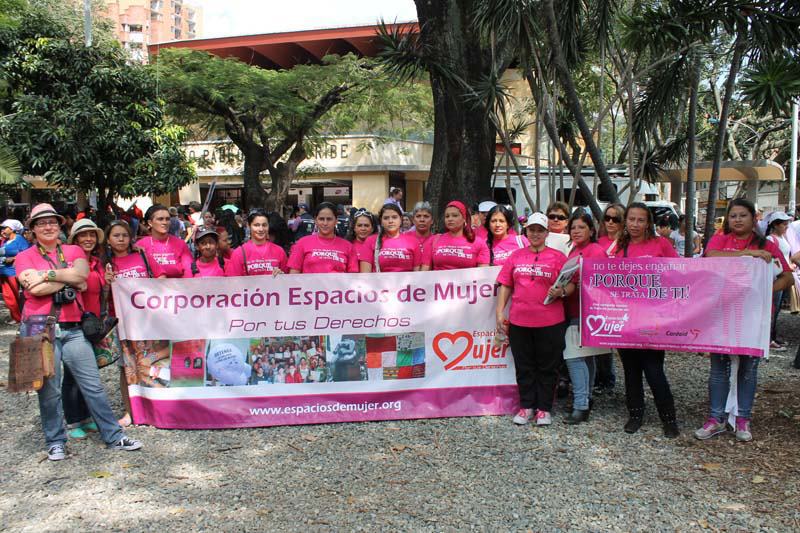 Each year on March 8 – International Women’s Day – the women of Medellin, from their various political and ideological standpoints, realities and origins, raise their voices to denounce the patriarchal practices prevailing in the State and its institutions, in the Church, and the public and private sectors of society as a violation of human rights of women and girls. Espacios de Mujer went out onto the streets to march together with the various representatives of women’s social movements to strengthen our visibility to the State’s non-compliance with their commitments in upholding the rights with women in their Development Action Plan in Medellin, and the worsening situation of violence against women and institutional violence.
Each year on March 8 – International Women’s Day – the women of Medellin, from their various political and ideological standpoints, realities and origins, raise their voices to denounce the patriarchal practices prevailing in the State and its institutions, in the Church, and the public and private sectors of society as a violation of human rights of women and girls. Espacios de Mujer went out onto the streets to march together with the various representatives of women’s social movements to strengthen our visibility to the State’s non-compliance with their commitments in upholding the rights with women in their Development Action Plan in Medellin, and the worsening situation of violence against women and institutional violence.
Every year to celebrate International Women’s Day, Espacios de Mujer carries out workshops/discussions on women’s rights.
Can you explain more about the Atenea training school and how it works with women in vulnerable situations to assist them to achieve their rights?
Knowledge, awareness... Transformation!
The ATENEA Training School is a training and information program which started in 2008. The training school offers women in vulnerable conditions an opportunity for leadership, participation and capacity building and transformation in their own communities. The idea is to strengthen processes among women participants through conceptual and practical elements in relation to awareness of their rights, demanding such rights and applying the mechanisms for participation allowing them to generate processes for self-care of their personal and social transformation.
The School works on the basis of theory-practice workshops where participants, on the basis of their own experience, readings and the planned activities, develop the basic concepts and tools to allow them to have a broader view of the issues being discussed.
The school applies the following modules:
Module 1: Sexual and Reproductive Rights: The purpose is to foster, in the general framework of human rights with a special focus on the reduction of vulnerability factors, risk behaviours and the stimulation of protective factors enabling women’s lives to become more dignified.
Module 2: Human Trafficking (especially women) for Forced Prostitution: Being aware of and identifying the general situation of victims of human trafficking by understanding the concepts, categories, modes, types, prevention actions and self-care, and assistance services.
Module 3: Human Rights (focusing on prostitution): The importance of recognising and promotion human rights and identifying participatory mechanisms that promotes the enforcement of these rights.
Module 4: Gender and Equality: Promoting awareness on gender-based analysis, that women have different identities, roles, needs and interests, to foster empowerment processes on a personal, family and social scale.
You are members of several networks. How do you work with these groups to share best practices and learn from each other?
The work of other network groups provides visibility to the work of Espacios de mujer in matters relating to prostitution, migration and human trafficking. Through participation and interaction, our efforts promote actions and participation of the general public in city areas. Working in a network also allows learning and exchange of good practices with other organisations.
------------------------------------------------
Contact Espacios de Mujer:
Betty Pedraza Lozano – Director
Email: This email address is being protected from spambots. You need JavaScript enabled to view it.
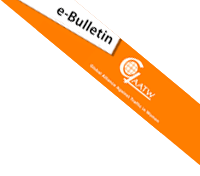



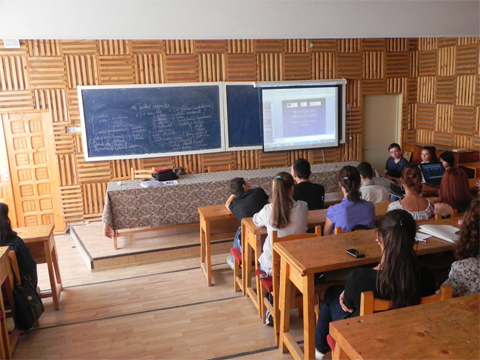 As mentioned, Asociatia Pro Refugiu has a network of 10 lawyers who provide necessary assistance to prepare victims of human trafficking, asylum seekers and refugees for their interactions with authorities such as Immigration authority, police, prosecutor or national courts. Our work with young people addresses the concern that they are a group who are vulnerable to trafficking and one which responds well to online information dissemination. Therefore following a national campaign in 2012 to raise awareness in schools of our National Online Platform
As mentioned, Asociatia Pro Refugiu has a network of 10 lawyers who provide necessary assistance to prepare victims of human trafficking, asylum seekers and refugees for their interactions with authorities such as Immigration authority, police, prosecutor or national courts. Our work with young people addresses the concern that they are a group who are vulnerable to trafficking and one which responds well to online information dissemination. Therefore following a national campaign in 2012 to raise awareness in schools of our National Online Platform 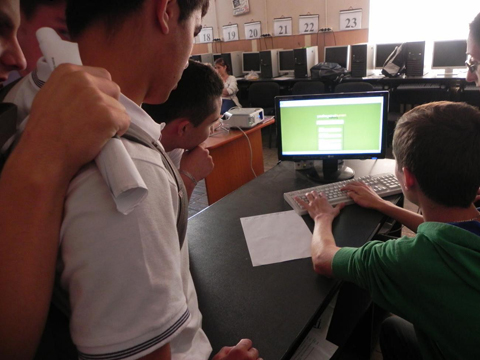
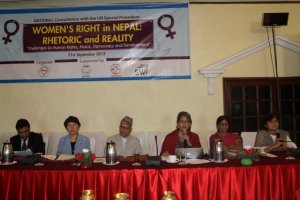 Violence against women is a pervasive issue for women in Nepal, regardless of their migration status. For example in just one year, between July 2011 and June 2012, WOREC registered 1581 cases of different forms of violence, including a recent case of rape of a returnee migrant woman worker by a police officer and as well as the looting of her money by immigration officers. WOREC has a three-pronged approach to challenge VAW which includes; raising awareness and strengthening solidarity against VAW; creating support mechanisms for survivors such as the seven safe houses it runs; and finally though its advocacy work. WOREC’s advocacy work itself is broad as they engage with the government and provide training to civil servants, work directly with the UN Special Rapporteur on VAW and organise campaigns in collaboration with (WHRDs) networks. WOREC’s work with the National Alliance of Women Human Rights Defenders operates extensively throughout Nepal to support survivors and is itself a highly successful system of organisation.
Violence against women is a pervasive issue for women in Nepal, regardless of their migration status. For example in just one year, between July 2011 and June 2012, WOREC registered 1581 cases of different forms of violence, including a recent case of rape of a returnee migrant woman worker by a police officer and as well as the looting of her money by immigration officers. WOREC has a three-pronged approach to challenge VAW which includes; raising awareness and strengthening solidarity against VAW; creating support mechanisms for survivors such as the seven safe houses it runs; and finally though its advocacy work. WOREC’s advocacy work itself is broad as they engage with the government and provide training to civil servants, work directly with the UN Special Rapporteur on VAW and organise campaigns in collaboration with (WHRDs) networks. WOREC’s work with the National Alliance of Women Human Rights Defenders operates extensively throughout Nepal to support survivors and is itself a highly successful system of organisation.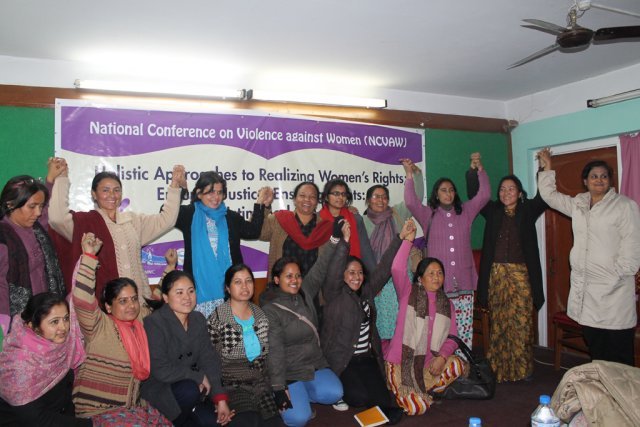 WOREC recently organised the National Conference on Violence against Women (NCVAW) entitled; Holistic Approaches to Realizing Women’s Rights Ensuring Justice, Ensuring Rights: From victimhood to agency in collaboration with the Prime Minister’s office, National Women’s Commission and WHRDs from across Nepal. With a commitment to centring the rights of survivors the discussions at the conference raised the need to review existing government policies and framework against VAW, as it was unanimously decided that present frameworks are discriminatory in their conceptualisation of women as victims incapable of agency. Additionally it was revealed that there was a need to strengthen measures for the security of WHRDs who serve as champions for bringing issues of VAW to the surface, especially in situations where state machinery is inadequate. Government bodies have a lot to learn from civil society groups and WHRDs about the realities of VAW in Nepal so this information exchange is crucial for positive partnerships and in the formation of government strategies to challenge VAW.
WOREC recently organised the National Conference on Violence against Women (NCVAW) entitled; Holistic Approaches to Realizing Women’s Rights Ensuring Justice, Ensuring Rights: From victimhood to agency in collaboration with the Prime Minister’s office, National Women’s Commission and WHRDs from across Nepal. With a commitment to centring the rights of survivors the discussions at the conference raised the need to review existing government policies and framework against VAW, as it was unanimously decided that present frameworks are discriminatory in their conceptualisation of women as victims incapable of agency. Additionally it was revealed that there was a need to strengthen measures for the security of WHRDs who serve as champions for bringing issues of VAW to the surface, especially in situations where state machinery is inadequate. Government bodies have a lot to learn from civil society groups and WHRDs about the realities of VAW in Nepal so this information exchange is crucial for positive partnerships and in the formation of government strategies to challenge VAW.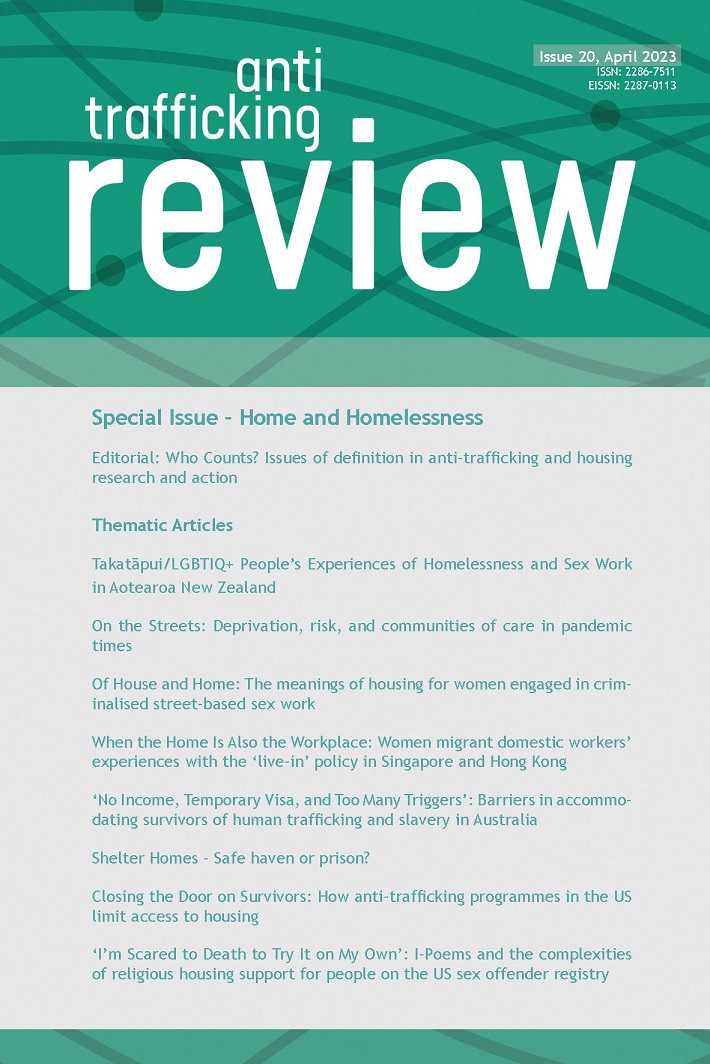
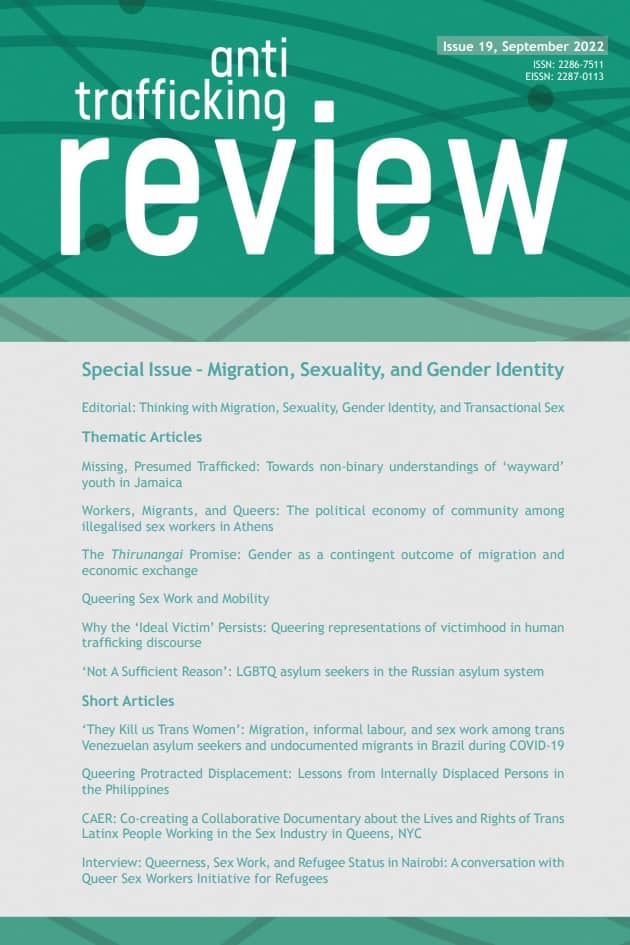
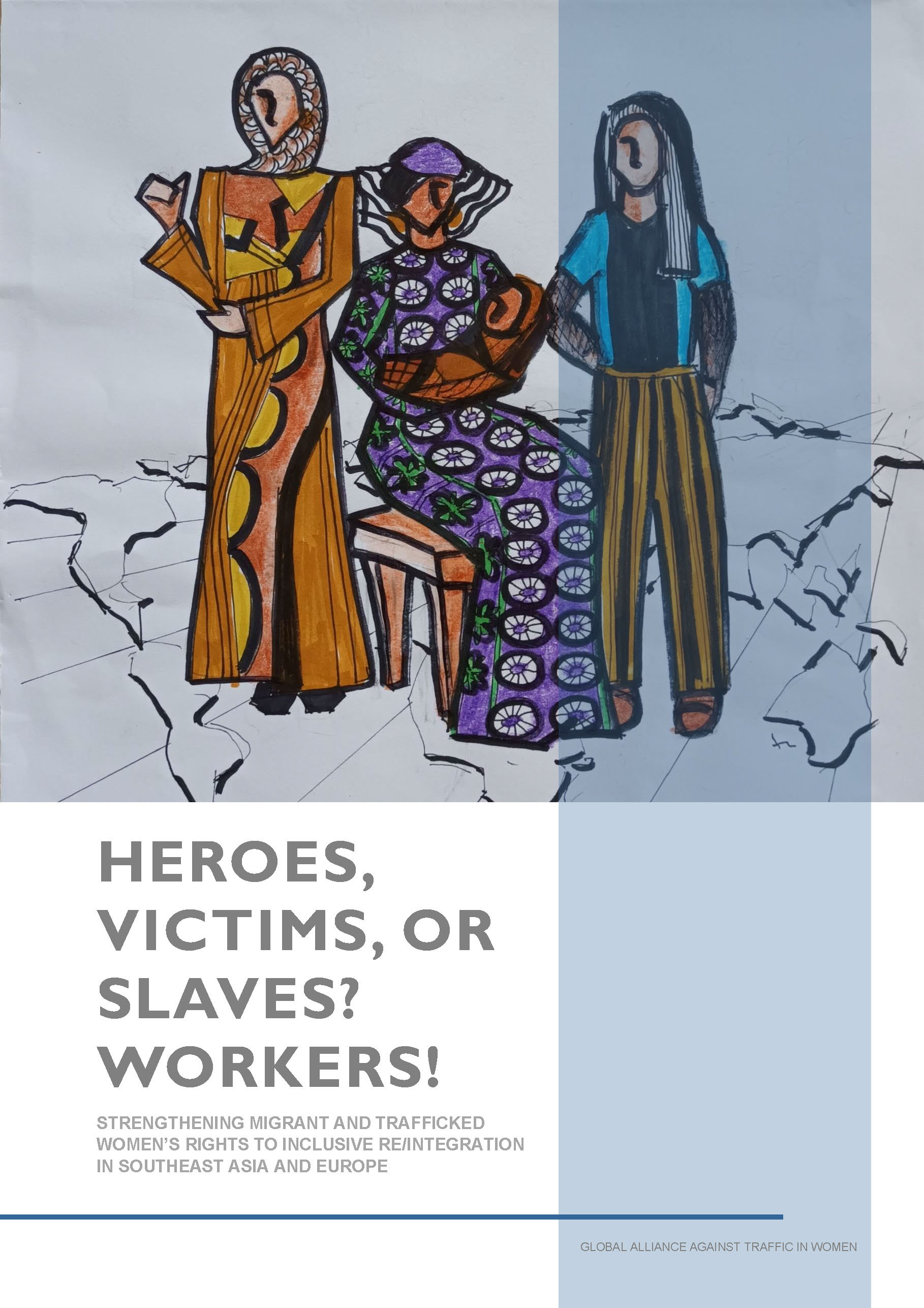
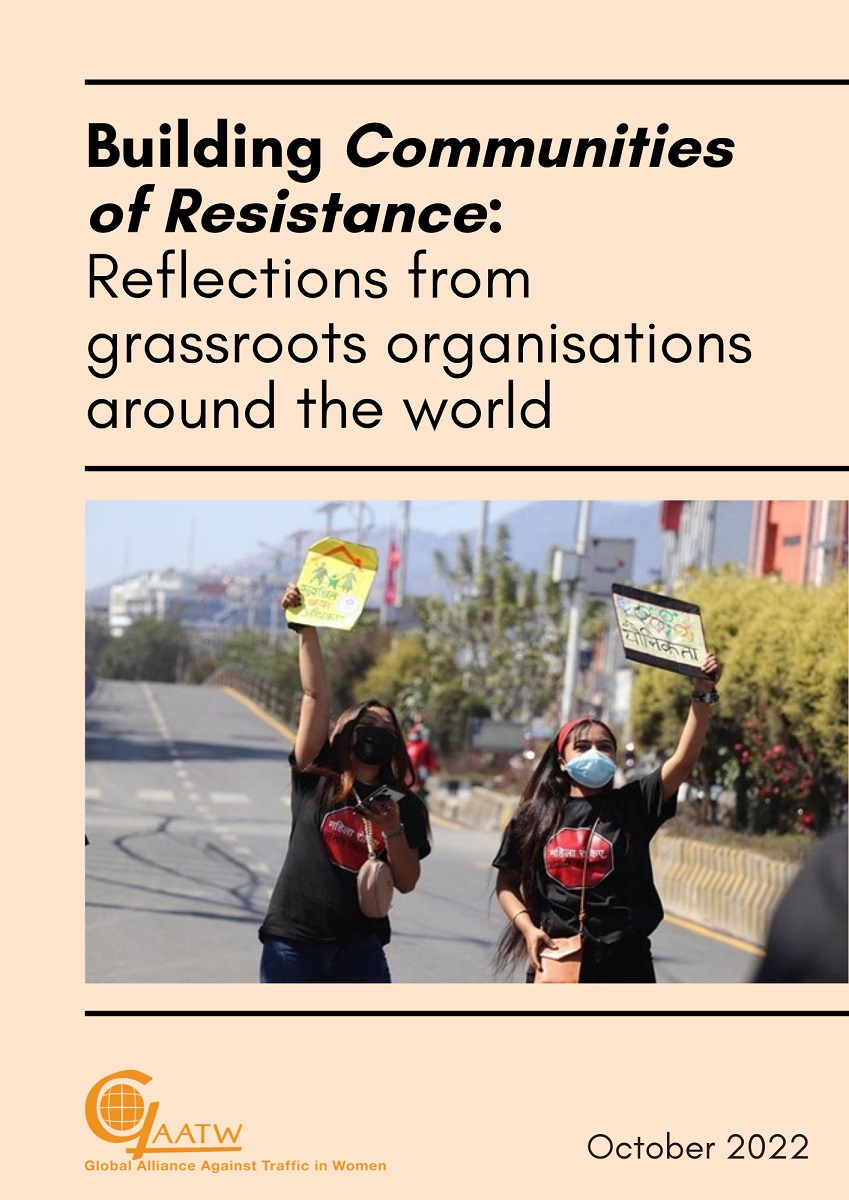
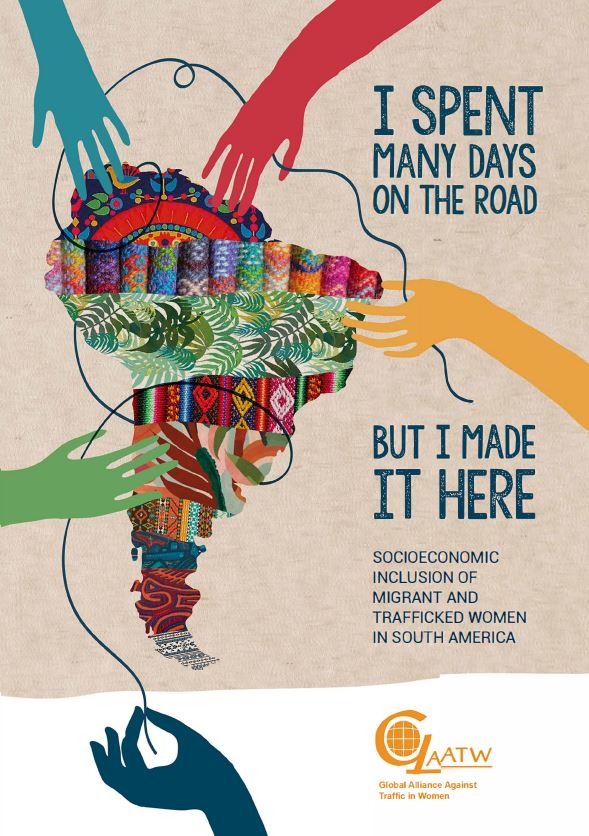
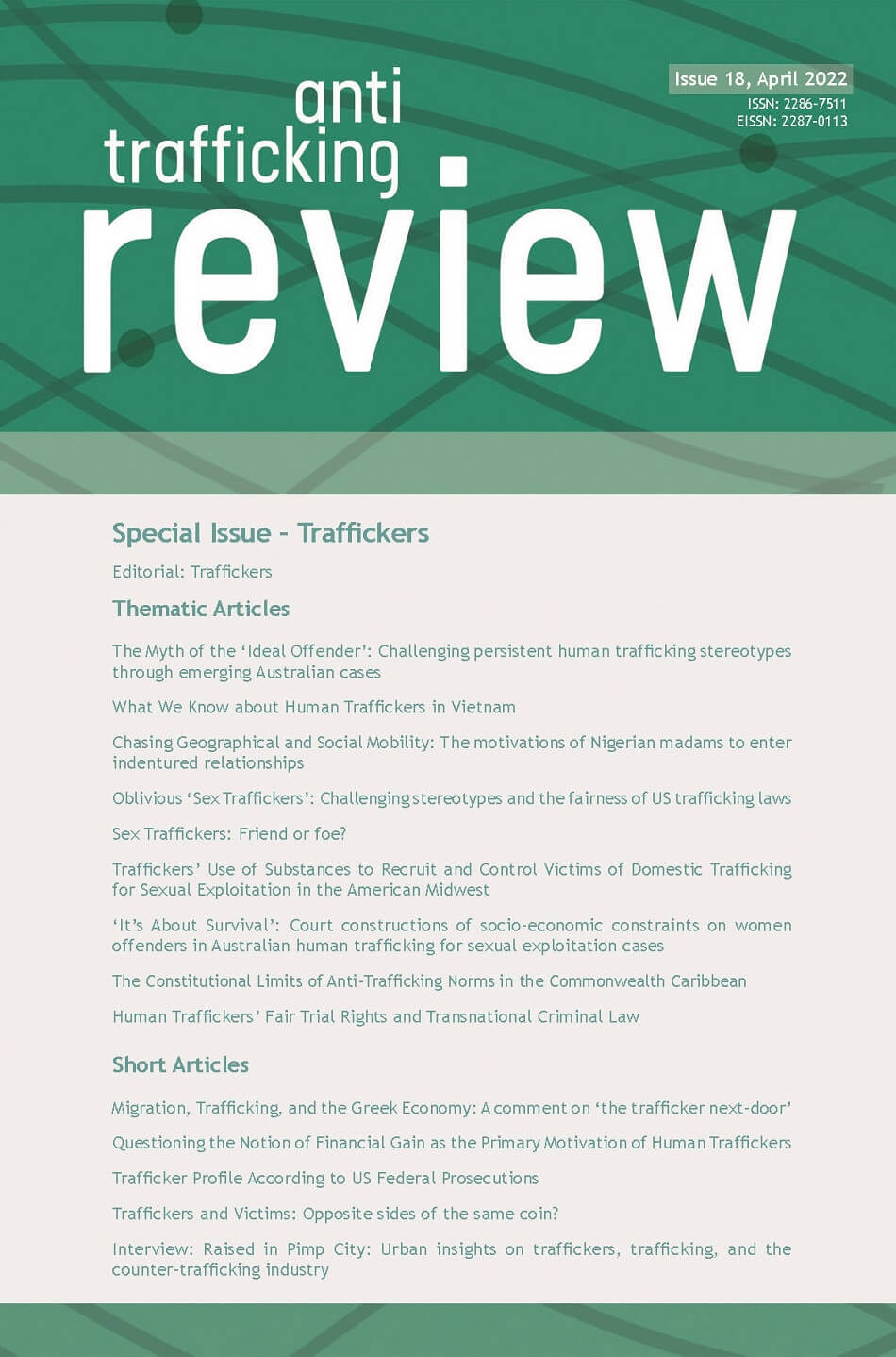
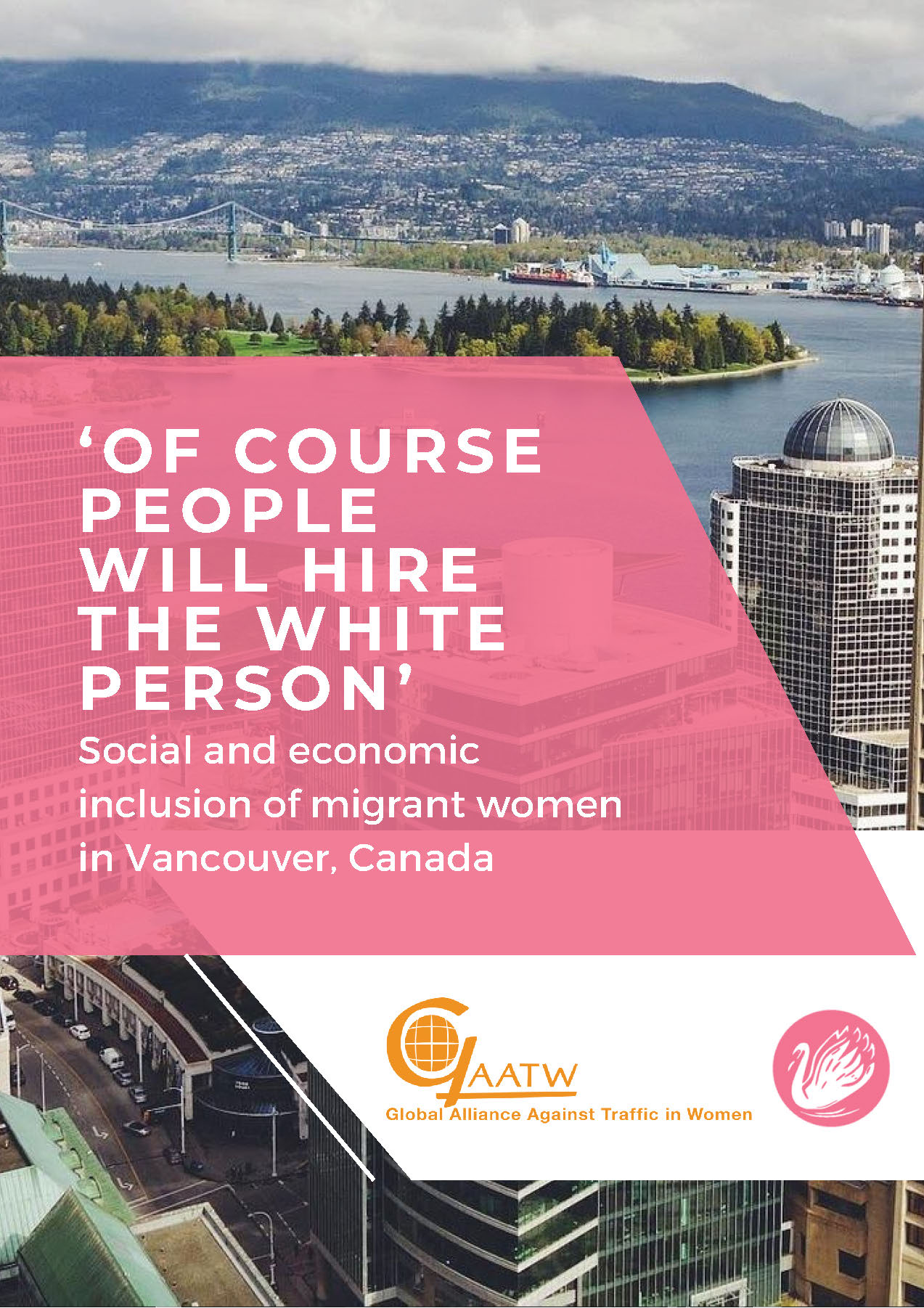
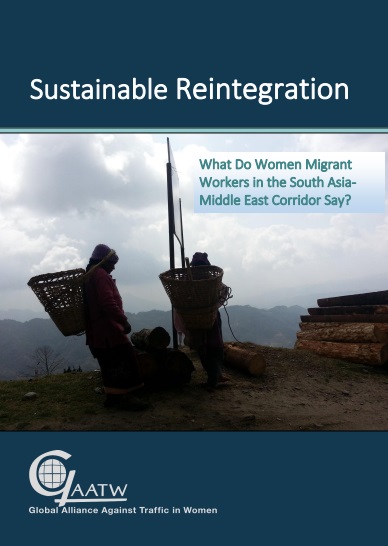
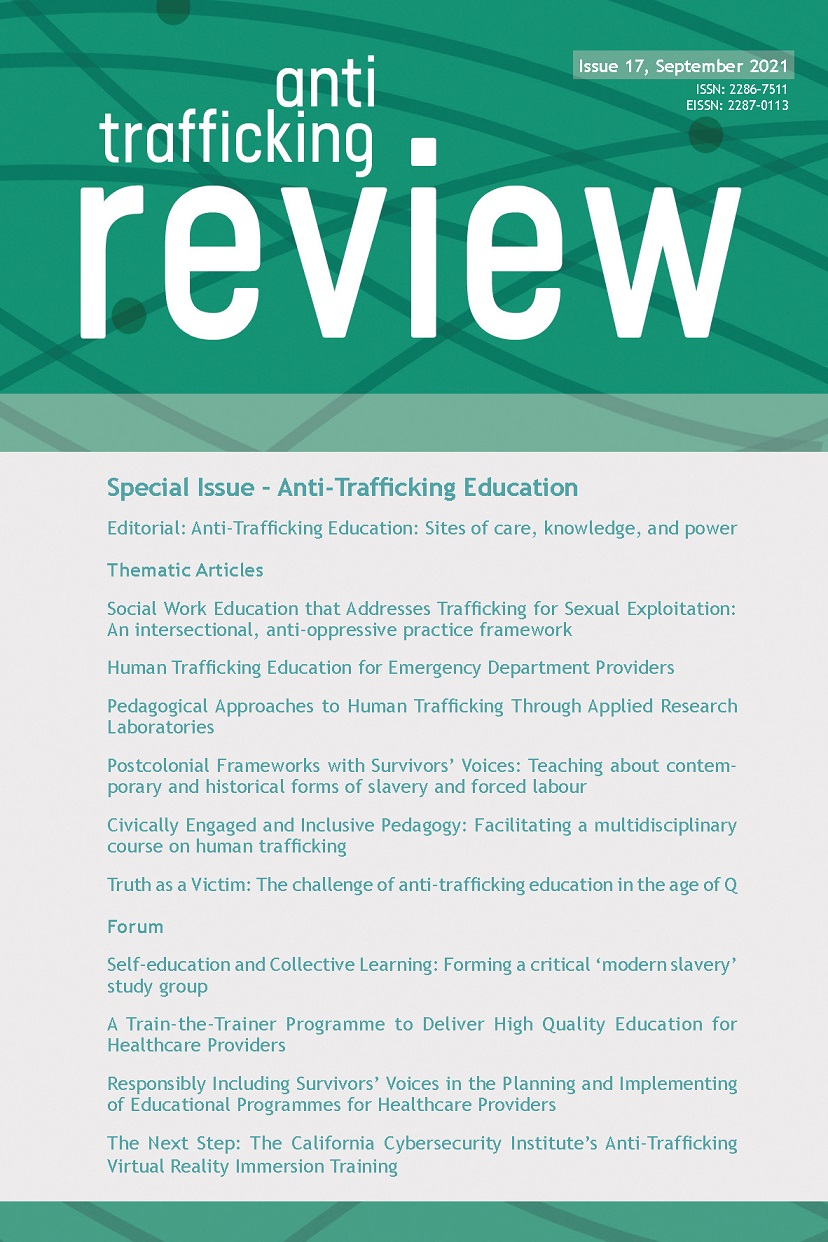
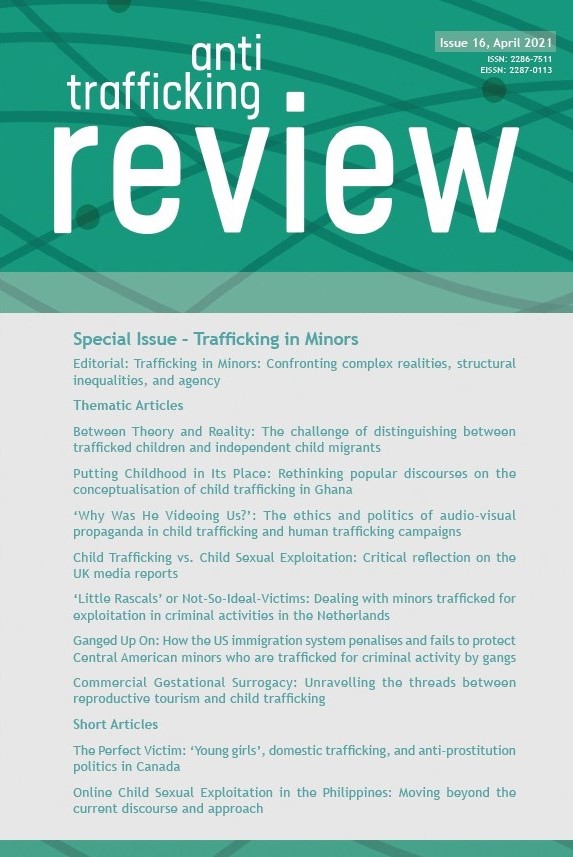
.pdf - Adobe Acrobat Pro 2_8_2021 4_36_32 PM.png)
